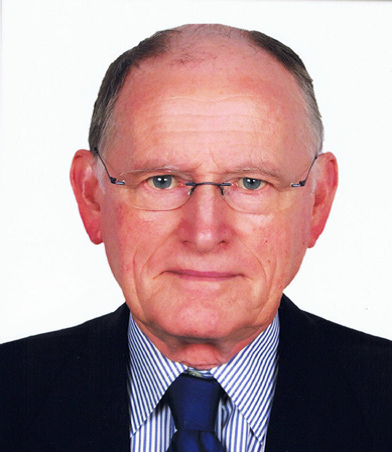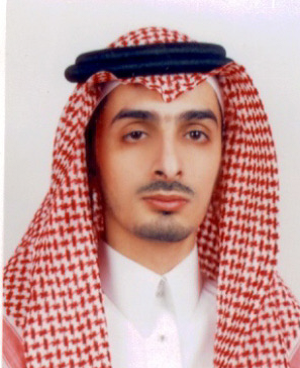Yemen is building new political structures following the upheavals of 2011 and the election of an interim president in 2012. A transition process aims to create a system that will include previously disadvantaged groups and find ways of meeting the aspirations of all Yemenis. There is a special focus on Saada in the north and in the lands of the formerly independent South Yemen. The international community, with the GCC in the lead, is playing a critical role in helping Yemen to manage the transition. Yemenis will need to work together and with their international friends to deal with the many profound economic and social problems and to find better ways of countering terrorism. The workshop will examine these issues in depth, analyse their causes, and suggest ideas that will help Yemenis to find solutions.
3 DAYS / 12 Workshops
MORE THAN 300 ACADEMIC PAPERS
The year 2014 is likely to be a momentous one for the future of Yemen. An agreement
between Yemen and the GCC, in association with the United Nations Security Council,
2
in November 2012 for a process of political transition should have led to the adoption of
a new constitution and elections for a new president and parliament. A parallel
restructuring of the military and security forces is being designed to bring these
institutions under the supervision of an elected government. The international
community, led by the GCC, has promised to provide massive economic support. While
these developments offer the prospect of a much better future for Yemen and its peoples,
the process could still fail or only partially succeed because of a number of very difficult
problems: the question of the future of the south, the problem in Saada, the presence of
Al-Qaeda and the profound economic and social problems that contribute to, and reflect,
Yemen’s impoverishment. Even if the political transition process does succeed, the new
authorities will have to deal with these issues. It is important that they are fully
understood. The workshop seeks to attract papers that will analyse the most important
problems in order to understand the causes and identify obstacles to implementing
solutions.

